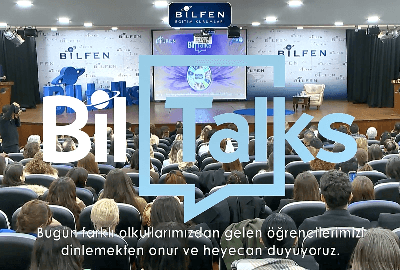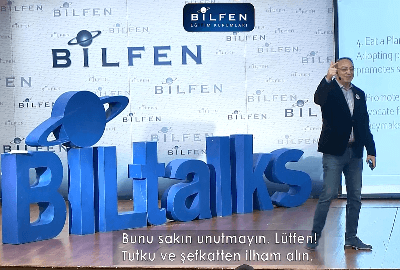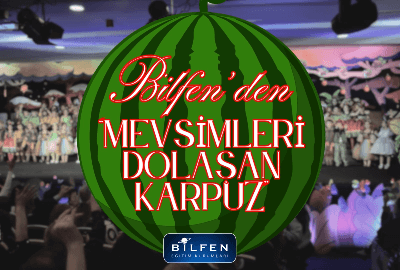
THINKING SKILLS
Prepared on the basis of PASS theory, the program aims at developing thinking skills through the effective use of cognitive process areas. The program creates opportunities for students to put their thinking skills to use in the context of academic activities. During the performance of the instructional program, a student generates logical solutions thanks to his/her strategic approaches and selects suitable cognitive behaviour for the social situation s/he undergoes, when appropriate, or displays his/her ability to generate a solution for an academic problem.
The PASS theory bases cognitive functions of human beings on "Planning, Attention, Simultaneous and Successive Cognitive Processes" which are regarded as the processes paving the way for knowledge. These four cognitive PASS processes can be briefly defined as follows:
Planning is a cognitive process where an individual identifies, selects, applies and assesses solutions for problems. When generating solutions for any encountered problem, a student is supposed to have heightened cognitive awareness, possess productive thinking skills for generating alternative solutions, particularly not to have difficulties in selecting a suitable strategic approach among the alternatives and have the ability to make the right decision. As a matter of fact, this skill is not related only to academic studies but is required for social standing perception.
Attention is a cognitive process which selectively focuses an individual on certain stimulants and prevents reaction to other competitive stimulants.
Simultaneous Cognitive Processes are the cognitive processes whereby an individual combines different stimulants into a whole or into a group.
Successive Cognitive Processes, on the other hand, are defined as cognitive processes which organize stimulants as a chain with a special order.
Appropriate activities selected from among the natural cognitive skills - as defined by the four cognitive skills in PASS Theory- activate cognitive functions and due to the effective use of cognitive functions, over time, these functions evolve into thinking skills. This process contributes to students' academic performance when it matches the development process of academic skills.





